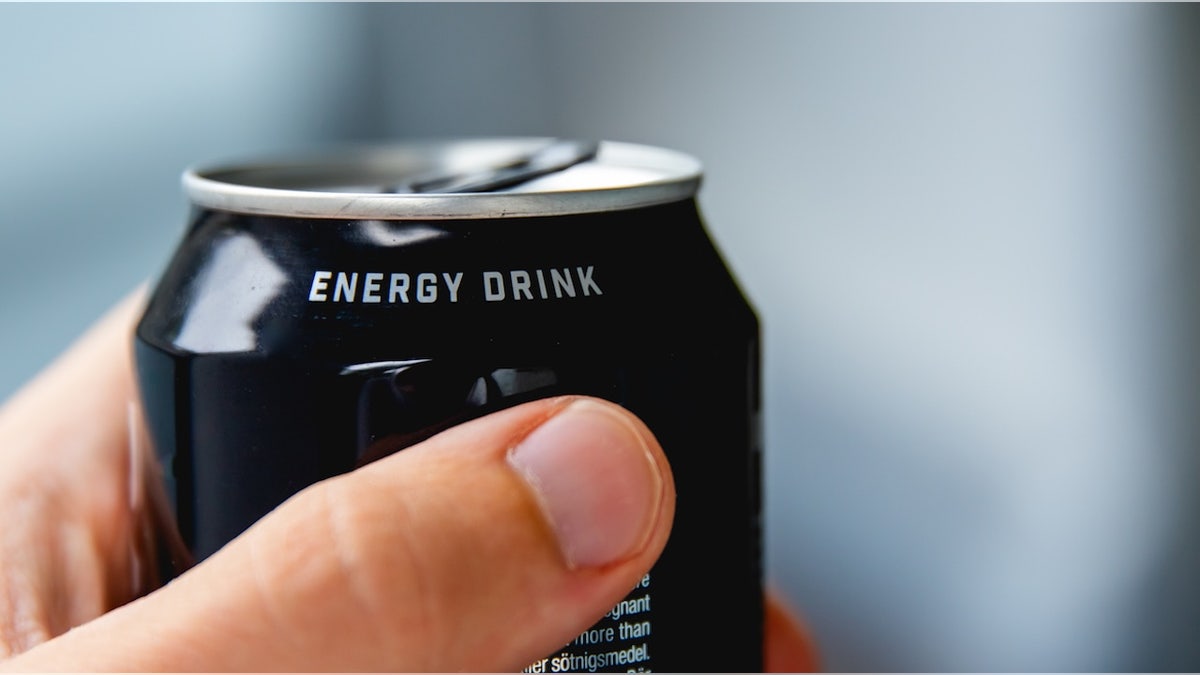NEWYou can now listen to Fox News articles!
Patients with irregular heartbeats — caused by atrial fibrillation (AF), the most common heart rhythm disorder — have historically been warned to limit or eliminate caffeine.
But a new study suggests that moderate coffee consumption could actually reduce recurrence of AF after treatment.
Researchers at University of California, San Francisco enrolled 200 adults with persistent AF who were scheduled for cardioversion, a procedure that restores normal heart rhythm.
THAT MORNING CUP OF COFFEE COULD BE THE KEY TO A HAPPIER DAY, NEW STUDY SUGGESTS
Participants were randomly assigned to one of two groups. One group continued to drink caffeinated coffee daily (at least one cup), while the other was instructed to abstain completely from coffee and other caffeine-containing products for six months.
The primary goal was to determine whether AF kept happening, based on electrocardiogram recordings lasting at least 30 seconds. The researchers also monitored for symptom severity and adverse events.
At the six-month mark, AF occurred again in 47% of participants who continued drinking coffee, compared with 64% in those who didn’t. This translated to a 39% lower relative risk of recurrence among coffee drinkers.
No significant difference in side effects or adverse events was observed between groups, suggesting that moderate coffee intake was well-tolerated.
FRANCIS FORD COPPOLA’S TREATMENT SHEDS LIGHT ON HEART CONDITION AFFECTING MILLIONS
The findings imply that staying away from coffee may not be necessary for patients recovering from AF — and, in some cases, could even be counterproductive.
Results of the randomized clinical trial — called “DECAF” (Does Eliminating Coffee Avoid Fibrillation?) — were published in JAMA.
“We will now be seriously considering whether consuming caffeinated coffee might actually be a lifestyle factor that helps our atrial fibrillation patients.”
“While we were not surprised by the results, we were surprised at the magnitude of the apparent protective effect,” corresponding author Dr. Gregory Marcus, associate chief of cardiology for research at UCSF Health, told Fox News Digital.
YOUR MORNING COFFEE COULD BE SABOTAGING YOUR PRESCRIPTION DRUGS WITHOUT YOU KNOWING IT
“Patients [who have] atrial fibrillation or are worried about developing it who currently enjoy drinking caffeinated coffee should be reassured it is fine to do so,” added Marcus, who is also a professor of medicine at UCSF.
More research is needed to confirm these findings, according to the researchers.
“We will now be seriously considering whether consuming caffeinated coffee might actually be a lifestyle factor that helps our atrial fibrillation patients,” Marcus said.

Potential limitations
The study did have some limitations, the researchers acknowledged.
CLICK HERE TO SIGN UP FOR OUR HEALTH NEWSLETTER
“It is important to keep in mind that we only enrolled people who had regularly consumed caffeinated coffee at some point in the last five years, and they needed to be willing to be randomized to potentially go without it,” Marcus noted.

People who do have a caffeine-triggered type of atrial fibrillation and decided not to participate would therefore not have been represented in these findings.
“It’s also possible that people who drink many cups of caffeinated coffee a day were less likely to be willing to part with it, which would have reduced their representation in this study as well,” Marcus added.
TEST YOURSELF WITH OUR LATEST LIFESTYLE QUIZ
The study was also “open-label,” meaning participants and researchers knew which group they were in. This can introduce bias, as expectations about caffeine’s effects may influence behavior or symptom reporting.

The trial evaluated normal coffee consumption, not high-dose caffeine sources such as energy drinks or supplements. The authors cautioned that their findings should not be interpreted as evidence that all caffeine is beneficial.
CLICK HERE FOR MORE HEALTH STORIES
“Individuals should not extrapolate these positive findings regarding caffeinated coffee to higher doses of caffeine or synthetic caffeinated products, such as energy drinks,” Marcus said.
Caffeinated energy drinks have been found to trigger AF in some cases, even among very young and healthy individuals.
Read the full article here










